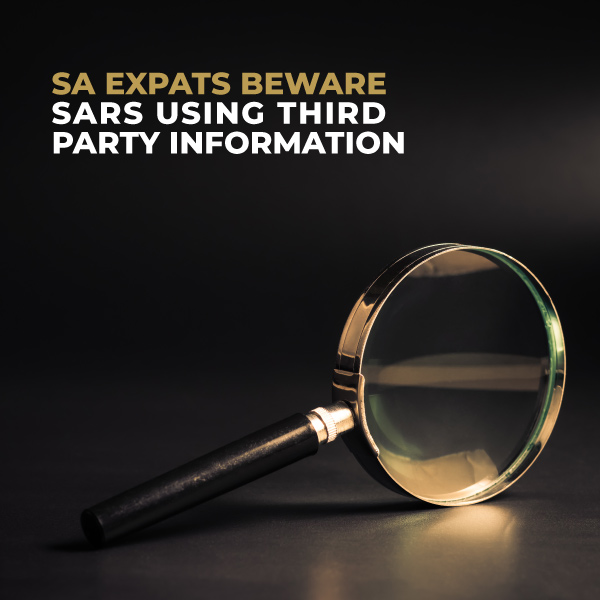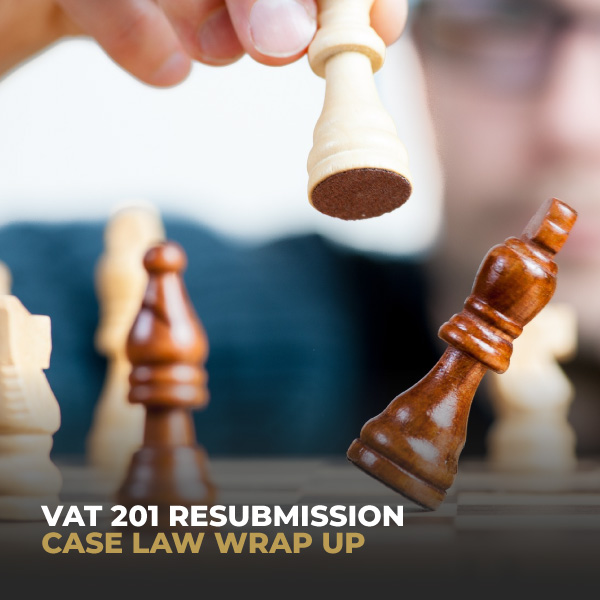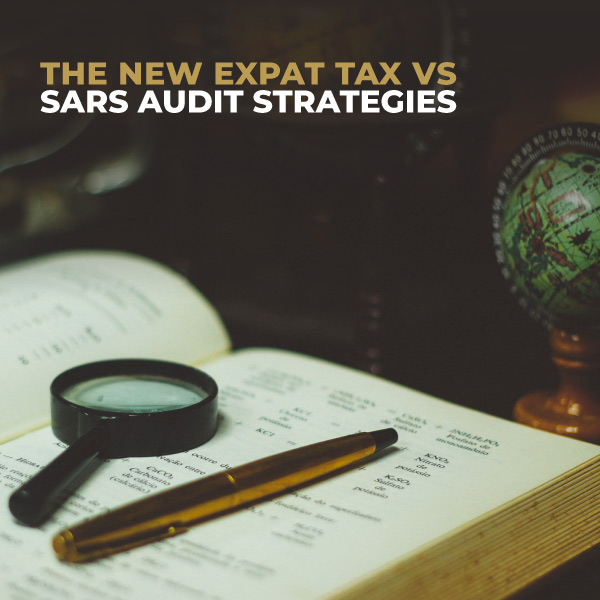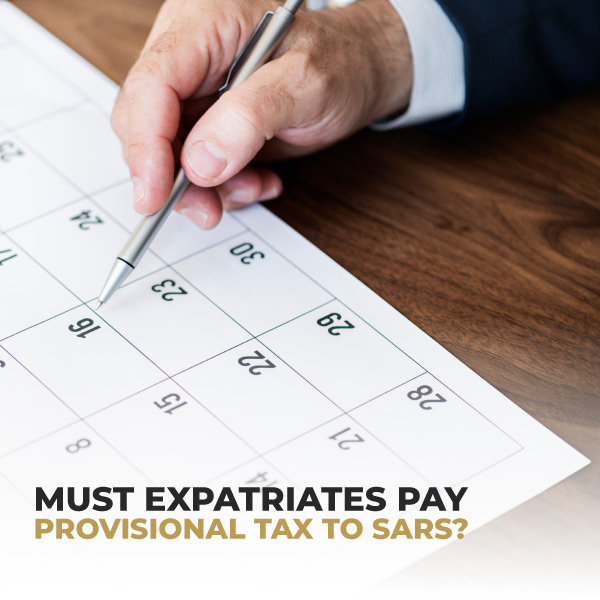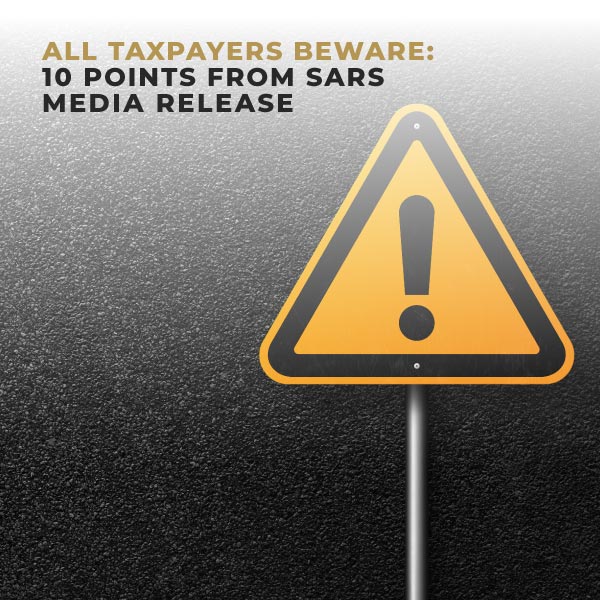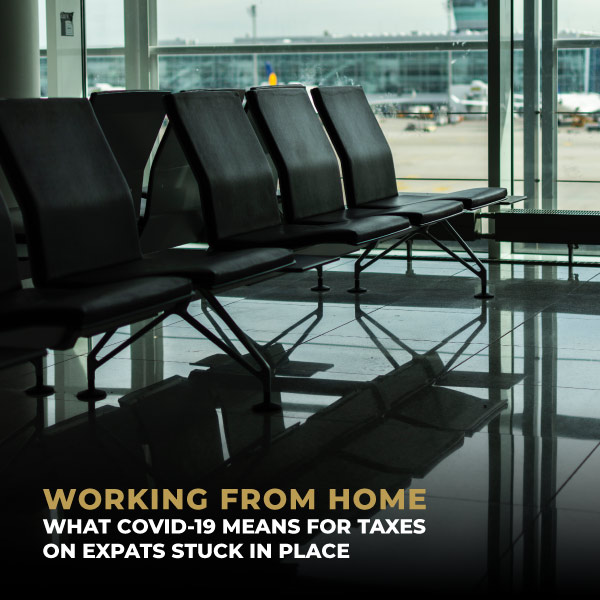NEWS | CASE LAW WRAP UP: MEDTRONIC INTERNATIONAL VS SARS (33400-19) ZAGPPHC (17 FEBRUARY 2020)
Issue What should be contained in a record for review proceedings and whether SARS may consider a request for the remission of interest in terms of section 39(7)(a) of the Value Added Tax Act, No. 89 of 1991 (the VAT Act) once a taxpayer has agreed to pay such interest in terms of a VDP […]



